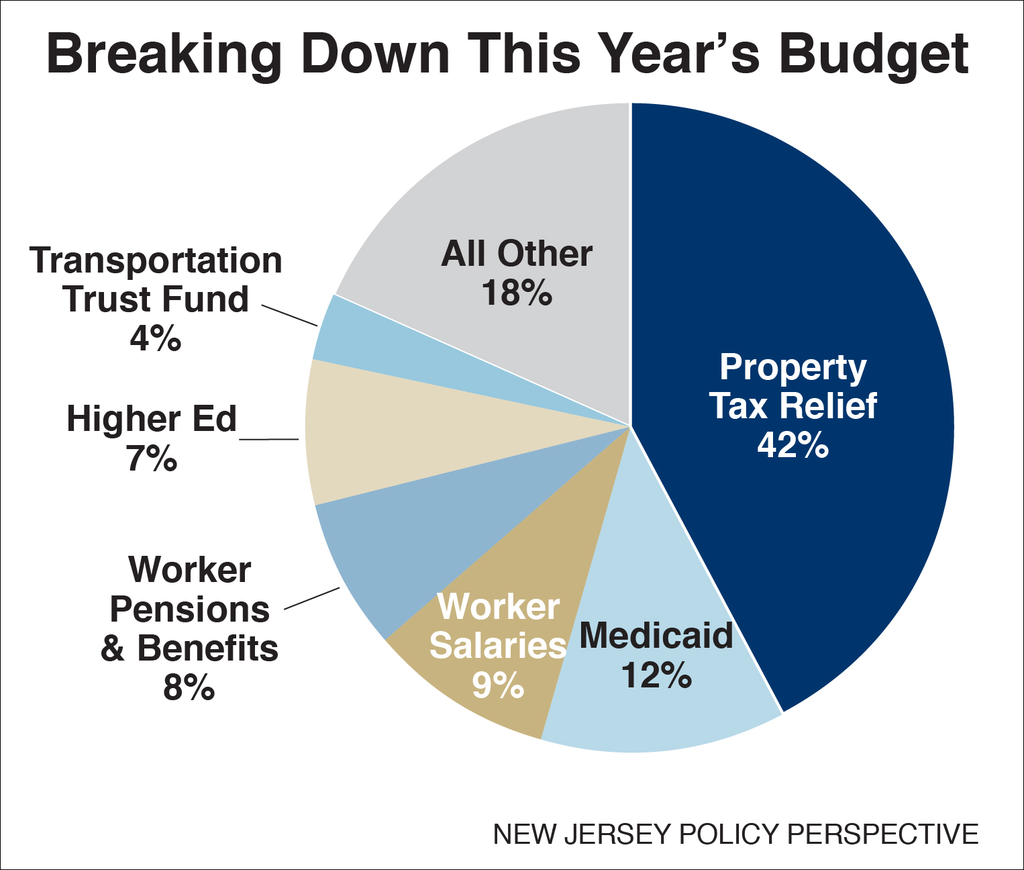Accounting
N.J. Official Projects $526M Budget Shortfall
The Legislature's budget officer predicted Tuesday that New Jersey's revenue would fall $526 million short of Gov. Christie's estimates through July 2015 -- continuing a trend of revenue failing to hit administration targets.
Apr. 02, 2014

The Legislature's budget officer predicted Tuesday that New Jersey's revenue would fall $526 million short of Gov. Christie's estimates through July 2015 — continuing a trend of revenue failing to hit administration targets.
Christie's treasurer, on the other hand, defended the revenue targets to the Senate Budget Committee, which took testimony on the governor's $34.4 billion budget proposal for the fiscal year beginning July 1.
The hearings prompted a wide-ranging discussion on New Jersey's economy and its recovery from recession, with the state's chief economist describing job growth over the last year as “very minor.”
Still, Treasurer Andrew P. Sidamon-Eristoff told lawmakers that he was “fairly confident” in the revenue estimates, citing rising personal incomes and an increase in home-building permits to support the administration's projections.
Lawmakers got a less optimistic assessment from David Rosen, budget and finance officer with the nonpartisan Office of Legislative Services, who asserted that Christie's projections were once again too rosy — if less so than in previous years.
Rosen predicted a revenue shortfall of $217 million in the current budget and another shortfall of $309 million in next year's proposal.
The total shortfall is the smallest to be forecast in three budget cycles, Rosen said, adding that some of his projections for fiscal 2015 match Christie's. Overall, he said, revenue fell a total $1.6 billion short across the last three budgets.
Sen. Jennifer Beck (R., Monmouth) said the shortfall was slim compared with the overall budget — “a pretty damn good guess.”
But the current gap anticipated by Rosen is greater than the state's surplus, which Christie budgeted at $313 million next year.
In outlining his projections, Rosen cited the recession's impact on New Jersey, which has trailed neighboring states in its recovery.
In New Jersey, the recession “started sooner, went deeper, and laster longer,” Rosen said.
If the state's recovery had matched the national rebound, Rosen said, the budget would have an additional $3.3 billion in revenue.
Asked the reasons for the lag, Rosen noted that some revenue gains in other states — New York included — could be attributable to tax increases.
“My sense is, to a large degree, what happens to us is shaped externally,” Rosen said. The recession was a “financial downturn,” he said, and New Jersey's revenue is “so dependent on high-income taxpayers who tend to be tied to that world.”
In comparing the state's rate of job growth with New York's and Pennsylvania's, chief economist Charles Steindel said the neighboring states had assets New Jersey did not.
“I would say we need to have Broadway theaters,” said Steindel, who characterized the state's job growth as “very minor” in the last 12 months. “It would be nice if we had the Marcellus Shale. . . . Part of it is just economic circumstances.”
Administration officials previously had acknowledged a $251 million revenue shortfall in the current budget. The administration must also account for a $154 million reduction in the opening balance of this year's budget.
The state will net a one-time $92 million payment from refinancing a tobacco-settlement bond — resulting in about $400 million less in revenue in years to come, according to the Office of Legislative Services. But Sidamon-Eristoff said the deal had “enhanced the quality” of the bond.
Sidamon-Eristoff said the state had identified $700 million in savings in the current budget, including in health benefits and by reducing its payment into the pension system.
The pension reduction — saving the state $80 million this year and $116 million the next — reflects adjustments by actuaries, Sidamon-Eristoff said.
Christie's proposed budget includes a record $2.25 billion payment into the pension system. Before the budget's introduction, Democrats had said they wouldn't accept a plan that cut the payment.
The revised pension figures weren't a major point of contention Tuesday. Instead, debate touched on Internet gaming revenue, the merits of taxing e-cigarettes, and the cost of the law firm retained by Christie in the George Washington Bridge probe.
The New York Times recently reported that Gibson, Dunn & Crutcher, which conducted the internal review that cleared Christie in the bridge scandal, had charged the state $1 million.
On Tuesday, Sidamon-Eristoff said he had not seen any invoices from the firm. “I truly regret I have no information to share with you,” he said, directing questions to the Attorney General's Office.
A spokesman for that office said Tuesday that Gibson Dunn had not yet submitted a bill.
The budget committee chairman, Sen. Paul Sarlo (D., Bergen), later called Sidamon-Eristoff's answer “very frustrating.”
Sarlo also seemed frustrated while questioning Sidamon-Eristoff on Internet gaming revenue projections, which fell dramatically short of expectations this year. Online gaming, which began in New Jersey last fall, netted the state $4.22 million through February, according to Rosen; the administration budgeted $160 million this year.
Christie's budget proposal next year doesn't separate Internet gaming from general casino revenue projections.
After Sidamon-Eristoff said he couldn't provide a figure for online gaming, Sarlo snapped: “You're the treasurer of the State of New Jersey.”
Sidamon-Eristoff said he took “full responsibility” for this year's overly optimistic revenue projections. “I'll eat as much crow as you like,” he said. He also discussed the administration's intent to tax e-cigarettes at the same rate as regular cigarettes, calling it a matter of tax “parity.”
The state would exempt e-cigarettes that are marketed and prescribed as “an FDA-approved smoking-cessation aid,” he said.
“Even if you concede that vaping is somehow less dangerous than cigarettes,” e-cigarettes still deliver nicotine, an addictive substance, Sidamon-Eristoff said. “I'm not sure as a society we should embrace that.”
———————————
Copyright 2014 – The Philadelphia Inquirer
